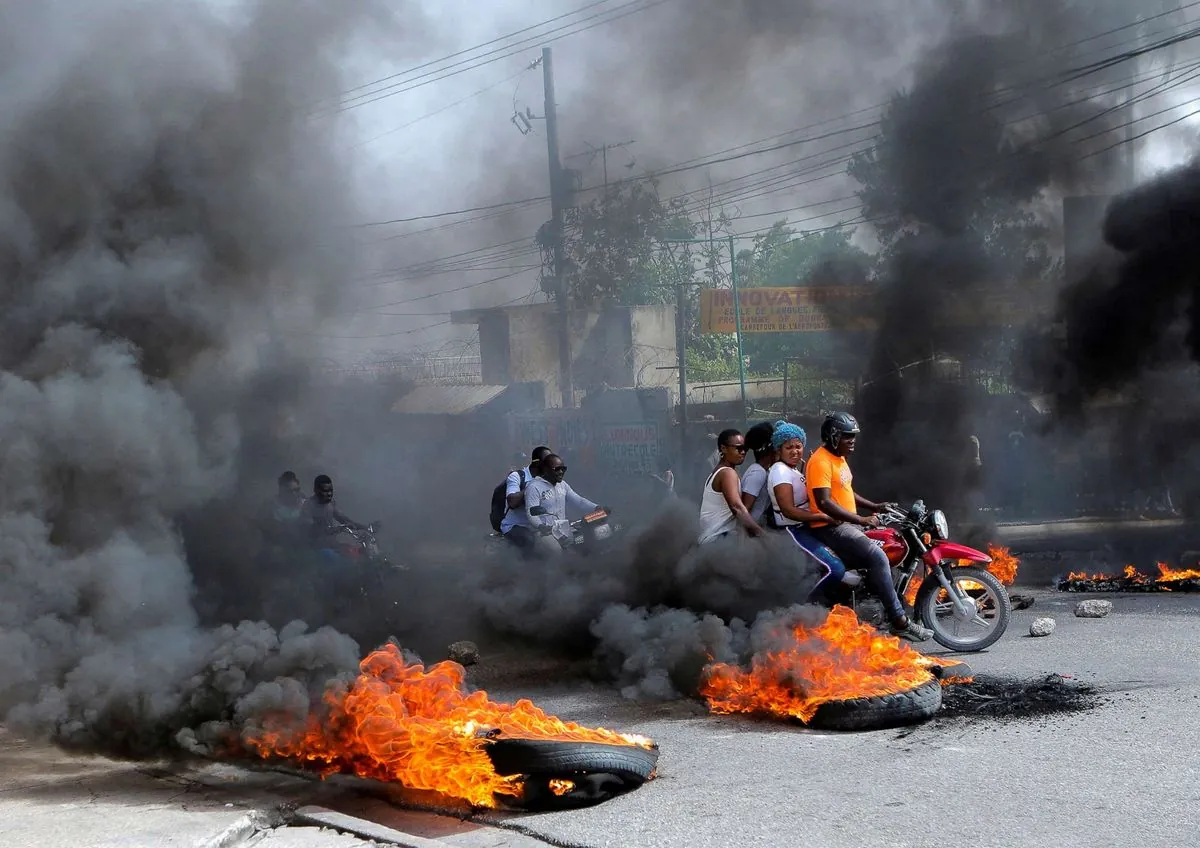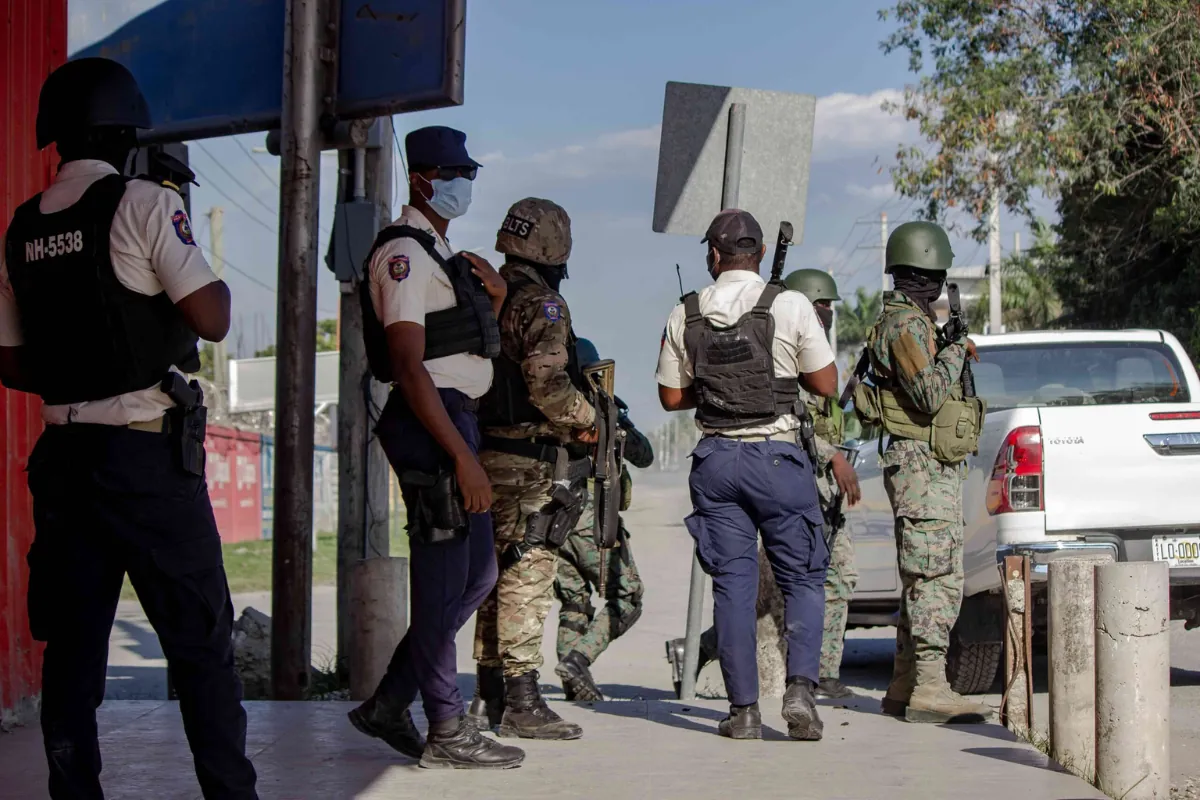Haiti's PM Pleads for Aid as Gang Crisis Deepens, UN Mission Falters
Haiti's Prime Minister appeals for international assistance to combat escalating gang violence. UN-backed security mission faces challenges as humanitarian crisis worsens, with internal displacement nearly doubling in six months.

In a stark appeal for international assistance, Garry Conille, Haiti's Prime Minister, has acknowledged the nation's ongoing struggle against armed gangs that dominate much of Port-au-Prince, the capital. Speaking at a United Nations General Assembly side event, Conille emphasized the critical need for external support to address the escalating crisis.
The situation in Haiti, the first independent black republic established in 1804, has reached a critical juncture. The country's main port, a vital lifeline for goods and funding, is currently under siege by gang attacks. This crisis has severely impacted Haiti's already fragile economy, which heavily relies on remittances from its diaspora and exports such as textiles, coffee, and mangoes.
"We are nowhere near winning this, and the simple reality is that we won't without your help. There is a sense of urgency because the Haitian people are watching with cautious optimism, they're really hoping to see clear results."
The port crisis has exacerbated Haiti's numerous challenges, including a literacy rate of only 61% and severe deforestation with merely 2% of its original forest cover remaining. Ships attempting to dock and unload containers have reportedly come under fire, while two Filipino crew members were kidnapped from a cargo vessel, highlighting the perilous situation.
Earlier this year, Haiti experienced a significant escalation of violence, leading to the closure of its main seaports and international airport for nearly three months. This outbreak saw thousands of prisoners escape and resulted in the resignation of the previous prime minister, further destabilizing the nation of approximately 11.4 million people.
In response to the crisis, the international community has taken steps to support Haiti. Antony Blinken, U.S. Secretary of State, announced sanctions against former deputy Prophane Victor and gang leader Luckson Elan for human rights abuses. Additionally, the U.S. pledged $160 million in assistance and called for increased support for the UN-backed international security mission.

However, the UN-backed mission faces significant challenges. While about 10 countries have committed over 3,100 troops, only around 400 have been deployed. The mission's one-year mandate is set to expire in early October 2024, with a crucial UN Security Council vote scheduled for September 30, 2024, to determine its renewal.
Funding remains a critical issue, with both the UN mission trust fund and humanitarian plan severely underfunded. Musalia Mudavadi, an official from Kenya, which is leading the mission, stressed that current funds are insufficient even to sustain the existing deployment, let alone support the promised thousands of troops.
The humanitarian situation in Haiti continues to deteriorate. According to UN estimates, the number of internally displaced persons has nearly doubled in the past six months, now exceeding 700,000. This crisis is compounded by Haiti's history of natural disasters, including the devastating 2010 earthquake that killed over 200,000 people and subsequent cholera outbreaks.
As Haiti grapples with these multifaceted challenges, the international community's response will be crucial in determining the nation's path forward. The country's unique cultural heritage, including its vibrant art scene and the official recognition of Voodoo as a religion, stands in stark contrast to its current struggles, highlighting the urgent need for effective and sustained support to address the ongoing crisis.


































